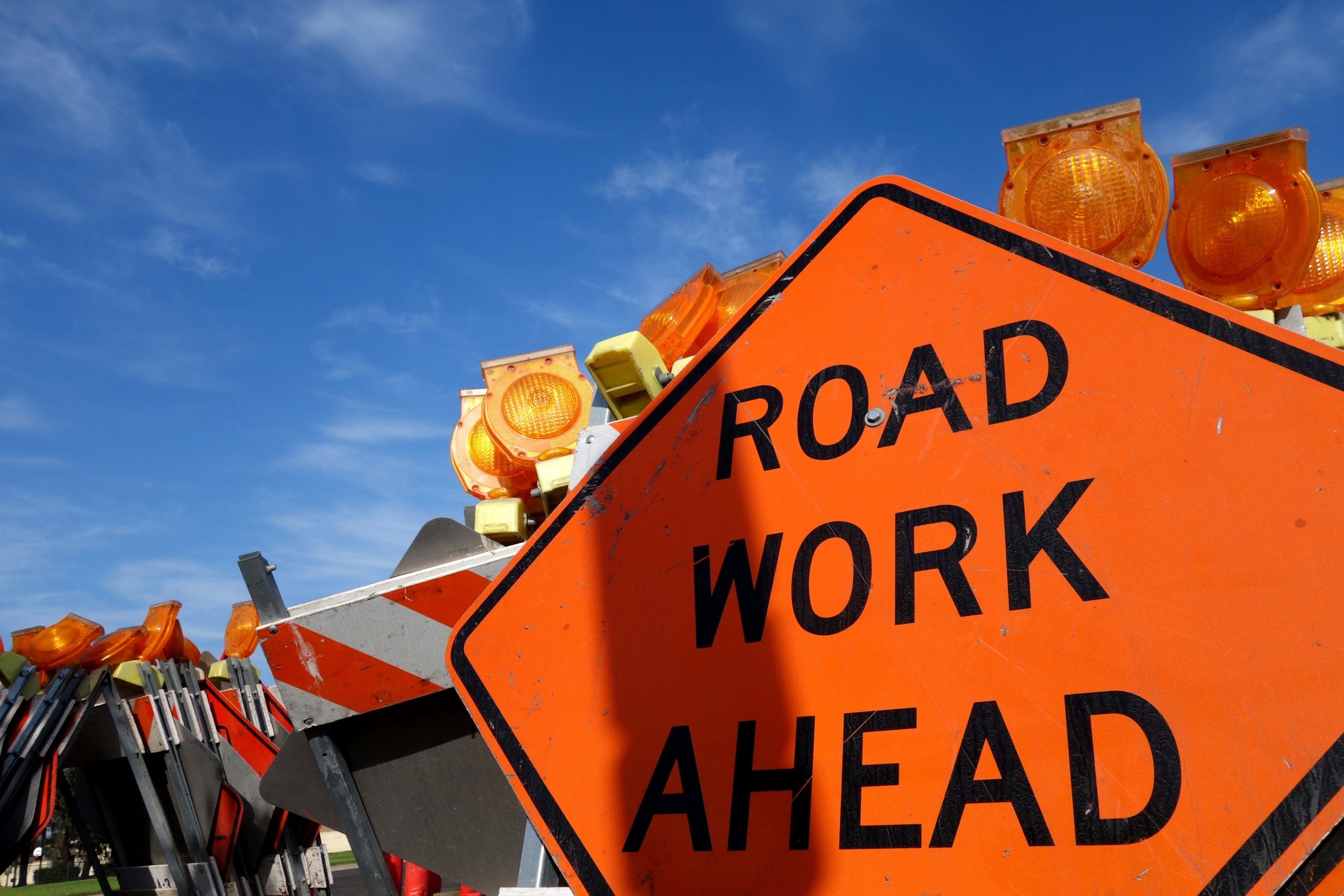Climate problems may seem too big to tackle, yet people all around this great nation are taking action. This is a state-by-state review of how some are responding.
This week’s column looks at: GEORGIA and the question is: Can Georgia undo the harm brought by its legacy of environmental injustice?
Like many states on the eastern seaboard, Georgia faces climate problems such as a greatly increased risk for violent storms, high risk of heat, and a moderate increase in fire risk.
There are also threats from other quarters, most notably a high number of coal ash ponds – invariably located near poorer communities – resulting from decades of coal-fired power plant operations. Recently the EPA ruled that Georgia utilities can no longer dump ash into unlined ponds, which can contaminate aquifers. Georgia Power is excavating half of its ponds to move toxins to more secure storage but is leaving 50 million tons in place, with plans to cap and call it a day, which is disastrous for groundwater supplies and a serious threat to residents’ health. Georgia Public Radio reports that “coal ash is partially submerged in groundwater in five of the 29 ash ponds Georgia Power is closing.”
Other environmental issues are a proposed titanium mining operation at the Okefenokee Swamp, the largest U.S. wildlife refuge east of the Mississippi. This may have been stopped by the time we go to print. There is also growing concern that wood pellet production, which is big in Georgia, may be not as carbon-neutral an energy source as once thought. The European Union buys a lot of the biomass fuel from Georgia but is reassessing wood pellets which, in addition to giving off C02 (carbon dioxide) when burned, also have a large carbon footprint when trees are harvested and dried, and pellets are manufactured and transported.
On the brighter side, Georgia is home to the Blue Bird Corporation, a major school bus manufacturer that is churning out electric school buses for shipment across the nation. The EPA has started its Clean School Bus Rebate program (application period open through 8/19/22), with priority to disadvantaged and rural districts who want to convert their buses from diesel/gas.
There are many longstanding issues in Georgia related to environmental injustice. If you aren’t clear on the concept, I have two podcasts to recommend, one inspirational and one heartbreaking. If you have internet access, you’ll be able to listen to these programs. First my favorite, a very short episode about a new training program for naturalists.
Podcast: Greater Greener Georgia (Mar. 11, 2022)
Episode 19: Interview with Revonda Cosby – DeKalb Beloved Naturalists [14 mins]
The second episode is from the same series, and gives numerous illustrations of the effects of environmental injustice on the health and welfare of minority communities, with first-hand stories relayed by the Black pastor at the First African Baptist Church in Savannah GA.
Podcast: Greater Greener Georgia (Mar. 25, 2022)
Episode 20: Interview with Rev. Tillman [40 mins]
Let me know if you have a podcast to recommend, or have a comment about my column, or have trouble finding a particular podcast I’ve mentioned. Happy listening!
[email protected]
Note: This column, part of a series looking at examples of positive climate action, state-by-state, first appeared in the Forest Press 07-06-2022. If you are interested in this state’s topic, check online for updated news, as a lot may have changed in a year.































